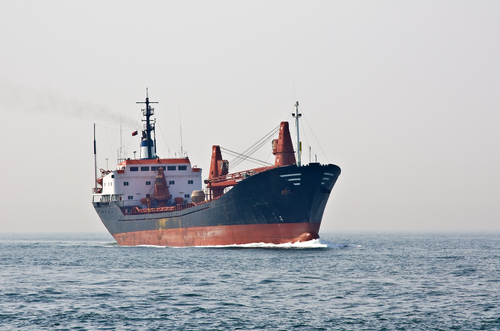Somali pirates don’t give up — as we see today with the news that the U.S.-flagged Maersk Alabama was almost hijacked for a second time. Just seven months ago, the ship was attacked and its captain, Richard Phillips, was taken hostage on a lifeboat for five days. The standoff ended with Navy SEAL sharpshooters killing three pirates and rescuing Phillips.
In this most recent attack, a number of pirates fired automatic weapons at the Maersk Alabama, but this time, the ship fired back. On board was a vessel protection detachment (VPD), or a crew of armed guards assigned to the ship, who successfully thwarted the attack by firing their weapons and repelling the pirates.
In our January/February issue, I wrote a piece on the the escalating number of pirate attacks occurring off the coast of Somalia and the effect these attacks have on shipping insurance rates, stating that:
Shipping insurance rates have skyrocketed in the past year. BGN Risk, a corporate and specialty risk consulting firm, was recently reported as saying that piracy in the Gulf of Aden could increase insurance and transport costs by $400 million. The firm also stated that the “special risks” insurance levy for crossing the gulf has now skyrocketed to $20,000, up from $500 per voyage in 2007.
And that number continues to rise as pirates continue their attacks. These brazen ship-stealers try for just about any boat that sails towards their path. Almost three weeks ago, a British couple was taken hostage by Somali pirates as they sailed on their yacht in the Indian Ocean. Though they have spoken to the media through pirate-monitored conversations, stating they are being fed and taken care of, their whereabouts are unknown.
The following video shows how U.S. predator drones attempt to monitor Somali pirates — a feat that proves challenging.

